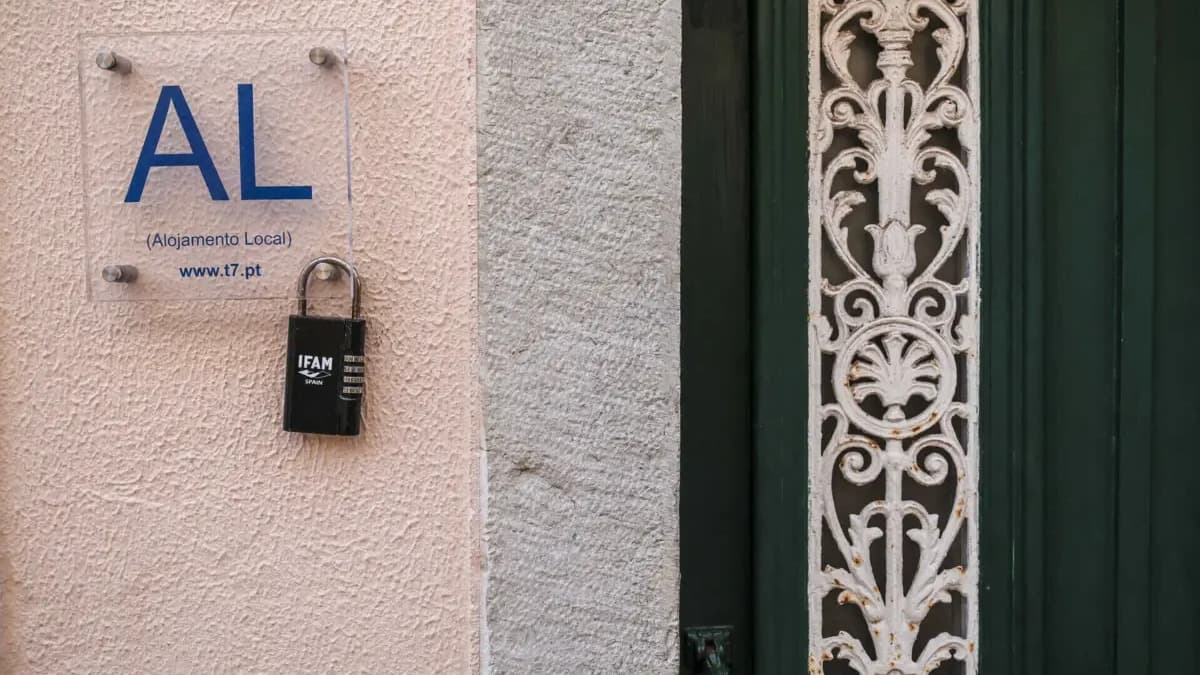Corporate entities now manage nearly 38% of Portugal's short-term rental properties
A recent announcement from Portugal's national tourism authority has shed new light on the structure of the country's short-term rental market, revealing a significant and growing corporate presence. According to the latest figures, of the more than 124,000 registered 'Alojamento Local' (AL) units, nearly 38% are now operated by professional management companies rather than individual owners. This marks a substantial shift in a sector long portrayed as being dominated by small-scale, private landlords.
The data, released as part of an annual industry overview, was compiled from the National Registry of Alojamento Local (RNAL). The methodology involved cross-referencing property registration data with the fiscal identity of the license holders and operators. The report further specifies that corporate entities are the direct owners of over 10% of the total registered properties, indicating a trend of direct investment in addition to management services.
The findings detail a market in transition, with a clear move towards professionalization. The numbers show that while the majority of licenses are still held by individuals, a significant portion of the day-to-day operations, marketing, and guest management for a large part of the inventory is now in the hands of specialized firms. These companies range from small local operators to large international property management groups, some managing portfolios of several hundred units across the country.
Geographically, the trend is most pronounced in major urban and tourist centers such as Lisbon, Porto, and the Algarve region, where the density of short-term rentals is highest. In Lisbon's historic center, for example, the percentage of company-managed properties is reported to be even higher than the national average, reflecting the intense demand and higher operational complexity in the capital. The report compares these figures to last year's data, which showed corporate management at approximately 32%, indicating a 6-point increase in just twelve months.
Need Expert Guidance?
Get personalized insights from verified real estate professionals, lawyers, architects, and more.
The analysis also breaks down the market by property type, noting that multi-unit buildings and entire apartment blocks are more likely to be under corporate management than single-family homes or individual apartments. This suggests a strategy by corporate players to consolidate operations for greater efficiency. Industry experts have begun to comment on the statistical trends, with many seeing it as a natural maturation of the market. "As the sector grows, so does the need for professional standards in service, safety, and regulatory compliance," stated a representative from the Portuguese Association of Real Estate Professionals (APEMIP).
In response to the data, government officials have noted that they are monitoring the market's evolution closely. A spokesperson for the Ministry of Economy indicated that while the growth of professional operators can bring benefits in terms of service quality and tax compliance, it is also important to ensure a level playing field for small owners. The current 'Mais Habitação' (More Housing) law already places some restrictions on new AL licenses in high-pressure areas, and these new figures may influence future regulatory discussions.
Historically, the Alojamento Local sector expanded rapidly following the tourism boom of the last decade, largely driven by individual homeowners seeking to capitalize on their properties. This new data provides a clear, quantitative measure of how the landscape has since evolved into a significant, professionalized industry. The national tourism authority has announced that it will continue to release detailed reports on an annual basis to track these developments.
Discover rental property opportunities and regulations at realestate-lisbon.com.




